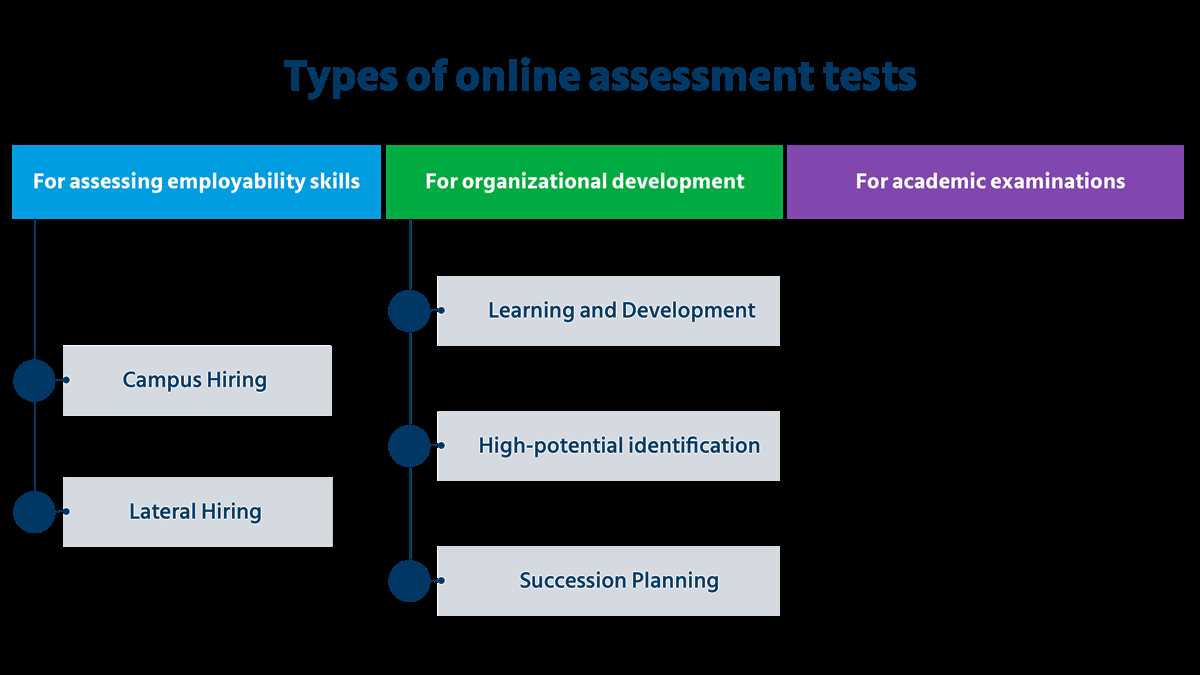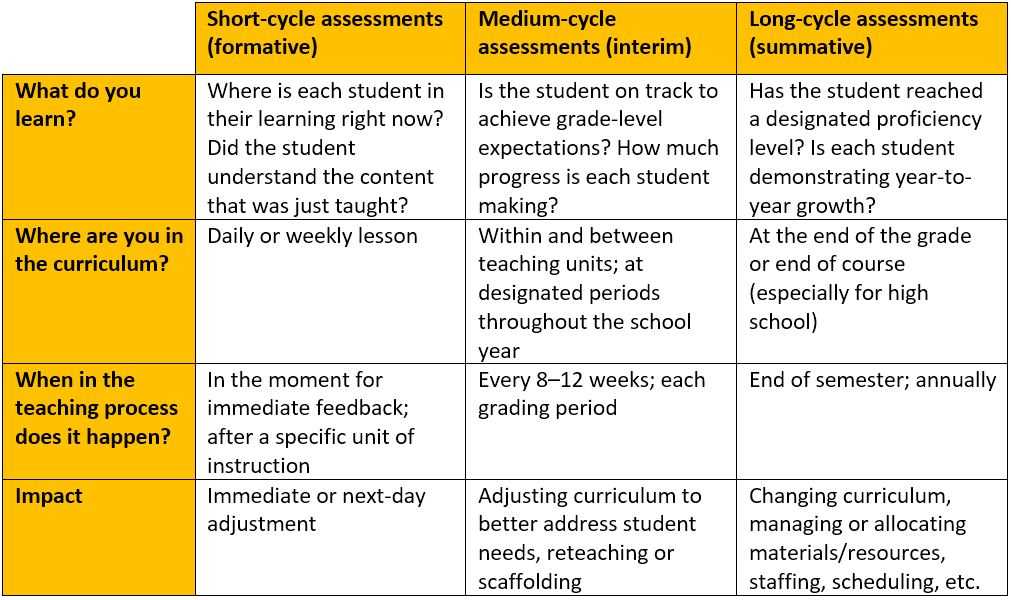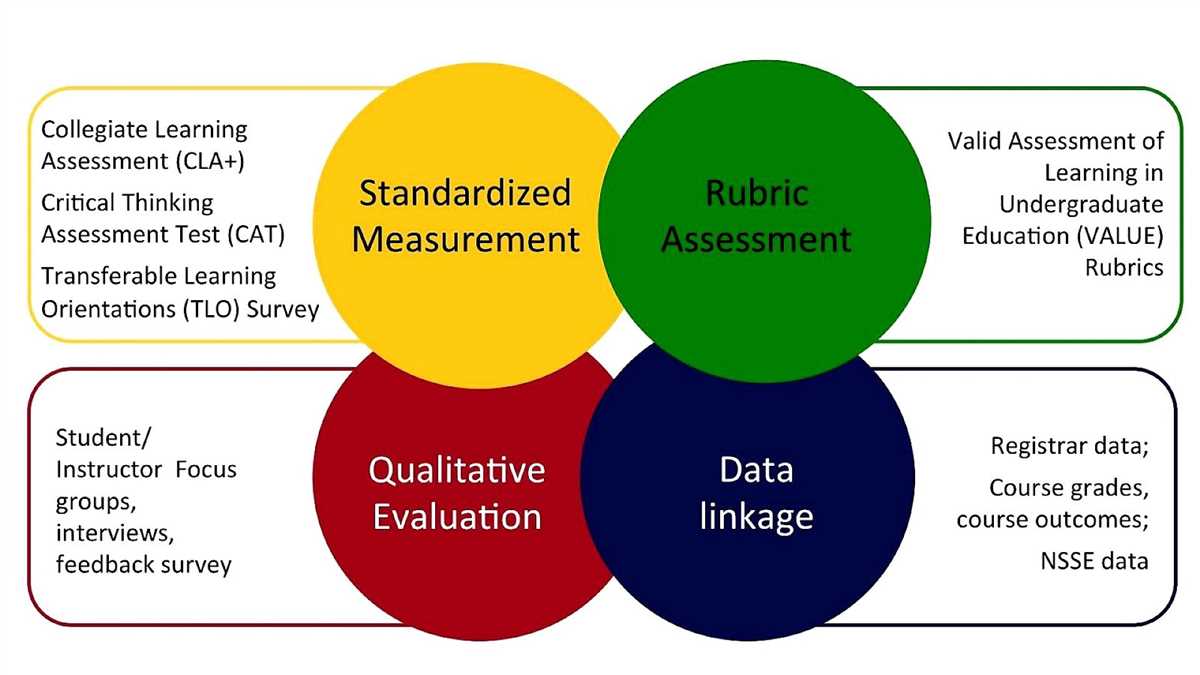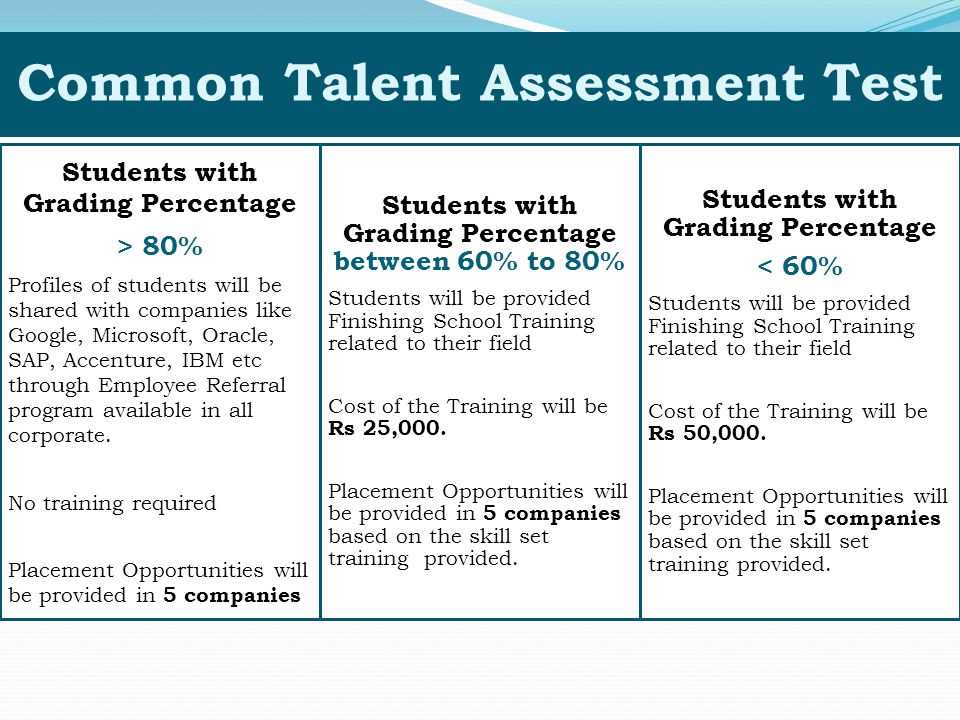
If you’re looking to join the ranks of the talented professionals at Afni, a leading customer experience management company, you may be required to take the Afni Assessment Test. This test is designed to evaluate your skills, knowledge, and abilities to ensure that you are the right fit for the position.
What exactly is the Afni Assessment Test? It is a series of assessments that measure various aspects such as problem-solving skills, critical thinking abilities, and communication skills. These tests are often used to determine how well you can handle real-life situations and make decisions under pressure.
Preparing for the Afni Assessment Test can greatly improve your chances of success. It’s important to familiarize yourself with the types of questions that may be asked and practice your problem-solving skills. Additionally, it’s beneficial to understand the values, goals, and culture of Afni to demonstrate your alignment with the company’s vision.
Afni Assessment Test: Everything You Need to Know

Afni is a business process outsourcing company that specializes in providing customer engagement solutions for various industries. As part of their hiring process, Afni requires applicants to take an assessment test to evaluate their skills and suitability for the job. This article aims to provide an overview of the Afni assessment test and everything you need to know before taking it.
1. Purpose: The Afni assessment test is designed to assess the applicant’s abilities in areas such as communication, problem-solving, critical thinking, and multitasking. The test helps Afni determine if the candidate possesses the necessary skills and qualities required to excel in a customer service-oriented role.
2. Test Format: The Afni assessment test typically consists of multiple-choice questions and scenario-based simulations. The questions are designed to assess the applicant’s knowledge of customer service best practices, their ability to handle various customer situations, and their problem-solving skills.
3. Preparation: To perform well on the Afni assessment test, it is essential to prepare thoroughly. Familiarize yourself with the job requirements and responsibilities to understand the skills that are expected. Practice active listening, effective communication, and problem-solving techniques to enhance your abilities in these areas.
4. Time Management: During the test, it is crucial to manage your time effectively. Read each question carefully and allocate an appropriate amount of time to answer it. Avoid spending too much time on a single question, as this may result in insufficient time for other questions.
5. Tips for Success: To succeed in the Afni assessment test, follow these tips:
– Read and understand each question before selecting an answer.
– Use logic and critical thinking to analyze scenarios and choose the best course of action.
– Pay attention to details and ensure accuracy in your responses.
– Stay calm and composed, even when faced with challenging questions or scenarios.
– Practice active listening and effective communication skills throughout the test.
– Remain focused and manage your time efficiently.
In conclusion, the Afni assessment test plays a significant role in the hiring process for customer service positions at Afni. By preparing adequately and following the tips mentioned above, you can increase your chances of performing well on the test and showcasing your skills and abilities.
Overview of Afni Assessment Test

The Afni Assessment Test is a pre-employment assessment tool used by the company Afni to evaluate the skills and aptitude of job applicants. The test is designed to assess various job-related competencies and determine if a candidate is a good fit for the specific role they are applying for.
The assessment test is typically taken online and consists of multiple-choice questions that cover a wide range of topics and skill areas. These may include verbal and written communication, problem-solving, customer service, data entry, and general aptitude. The test is timed, and candidates are usually given a set amount of time to complete each section.
The purpose of the Afni Assessment Test is to:
- Evaluate a candidate’s skills and abilities
- Determine if a candidate has the necessary competencies for the job
- Assess a candidate’s problem-solving and critical thinking skills
- Measure a candidate’s aptitude for the specific role they are applying for
- Identify candidates who are likely to succeed in the position
Successfully completing the Afni Assessment Test is an important step in the hiring process for Afni employees. It allows the company to identify qualified candidates who have the potential to excel in the role and contribute to the company’s success. Candidates who perform well on the assessment test may be invited for further interviews or consideration for the position.
Tips to Prepare for Afni Assessment Test

If you are preparing for the Afni assessment test, here are some tips to help you succeed:
1. Familiarize yourself with the company: Before taking the assessment, take the time to research and learn about Afni. Understand their values, mission, and the services they provide. This knowledge will not only help you during the test but also during any potential interviews.
2. Review the job description: Go through the job description for the position you are applying for and make sure you understand the key responsibilities and requirements. This will give you an idea of what to expect in the assessment and will help you tailor your answers accordingly.
3. Brush up on your communication skills: Afni places a strong emphasis on effective communication and customer service. Practice your communication skills, both verbal and written, to ensure you can effectively express yourself and handle customer inquiries or issues.
4. Develop problem-solving abilities: In the assessment, you may be presented with scenarios that require problem-solving skills. Practice analyzing problems, identifying possible solutions, and making decisions based on the available information. This will help you approach the assessment with confidence.
5. Practice time management: Assessments often have time limits, so it’s important to practice managing your time effectively. Use practice tests or timed exercises to improve your ability to work efficiently within the given timeframe.
6. Take advantage of online resources: Look for online resources and practice tests specific to Afni assessments. These resources can give you an idea of the types of questions or scenarios you may encounter and help you familiarize yourself with the format of the assessment.
By following these tips, you can better prepare yourself for the Afni assessment test and increase your chances of success.
Components of Afni Assessment Test
The Afni Assessment Test is a comprehensive evaluation tool that assesses an individual’s skills and abilities in various areas. It consists of several components, each designed to measure specific aspects of a candidate’s qualifications. These components include:
- Verbal Reasoning: This section assesses an individual’s ability to understand and analyze written information. It includes questions that test comprehension, vocabulary, and logical reasoning skills.
- Numerical Reasoning: In this component, candidates are evaluated on their numerical skills and ability to solve mathematical problems. It includes questions on basic arithmetic, algebra, and data interpretation.
- Logical Reasoning: This section measures an individual’s ability to think critically and solve problems using logical reasoning. It includes questions that assess deductive and inductive reasoning skills.
- Attention to Detail: This component evaluates an individual’s attention to detail and ability to identify errors or inconsistencies in information. It includes tasks that require careful review and analysis of data.
- Data Entry: This section assesses an individual’s accuracy and speed in entering data. It includes tasks that require entering data into a computer system with a high level of accuracy.
In addition to these components, the Afni Assessment Test may also include other sections, depending on the specific job role or industry. These additional components may focus on areas such as customer service skills, problem-solving skills, or situational judgment.
The results of the Afni Assessment Test provide employers with valuable insights into a candidate’s strengths and areas for development. By assessing multiple components, the test offers a comprehensive evaluation of an individual’s qualifications, helping employers make informed hiring decisions.
How to Interpret Afni Assessment Test Results
The Afni Assessment Test is a widely used tool for measuring various cognitive abilities and skills. When interpreting the results, it is important to consider several factors to gain a comprehensive understanding of the individual’s performance.
1. Overall Score: The overall score provides an overview of the individual’s performance on the assessment. It is usually presented as a percentile rank, indicating how the individual’s score compares to others who have taken the test. A higher percentile rank suggests stronger cognitive abilities and skills.
2. Subtest Scores: The assessment consists of multiple subtests that measure different cognitive abilities, such as attention, memory, and problem-solving. Interpreting the subtest scores allows for a more detailed analysis of the individual’s strengths and weaknesses. A significant difference between subtest scores may indicate areas where the individual is particularly proficient or struggles.
3. Norms and Standards: To interpret the results accurately, it is important to consider the norms and standards used in the assessment. These norms provide a comparison group against which the individual’s performance can be evaluated. Understanding the norms and standards allows for a better assessment of whether the individual’s performance is within the average range or deviates significantly from it.
4. Individual Profile: Examining the individual’s profile of scores across different subtests can provide valuable insights into their cognitive profile. For example, a pattern of consistently high or low scores across multiple subtests may indicate specific cognitive strengths or weaknesses. This information can be useful in tailoring interventions and support to best address the individual’s needs.
5. Consider Background Information: It is important to consider the individual’s background, such as age, education level, and any relevant medical or psychological history. This information can help contextualize the assessment results and provide a deeper understanding of the individual’s performance.
Interpreting Afni Assessment Test results requires a careful consideration of various factors, including the overall score, subtest scores, norms and standards, individual profile, and background information. By taking all these factors into account, professionals can gain valuable insights into an individual’s cognitive abilities and develop appropriate interventions and support strategies.
Benefits of Taking Afni Assessment Test
Taking the Afni Assessment Test can provide several benefits for job seekers and employers alike. Here are some of the key advantages:
- Accurate Evaluation: The assessment test is designed to evaluate candidates’ skills, knowledge, and abilities accurately. This helps employers in making informed decisions about hiring the right candidates for specific roles.
- Time and Cost Savings: By using the Afni Assessment Test, employers can save time and costs associated with the traditional hiring process. The test allows them to quickly assess candidates’ abilities, reducing the need for lengthy interviews or multiple rounds of screening.
- Efficient Screening: The test serves as an efficient screening tool, allowing employers to identify candidates who possess the necessary skills and qualifications for a particular job. This helps in streamlining the hiring process and ensures that only the most qualified individuals proceed to the next stage.
- Standardization: The Afni Assessment Test provides a standardized method for evaluating candidates. This ensures that all applicants are assessed using the same criteria, promoting fairness and objectivity in the hiring process.
- Improved Hiring Decisions: By using the assessment test, employers can make more informed hiring decisions. The test provides objective data about candidates’ abilities, making it easier to select the most suitable individuals for the job.
Taking the Afni Assessment Test can be highly beneficial for both job seekers and employers. It enables employers to evaluate candidates accurately and efficiently, while also saving time and costs. For job seekers, it provides an opportunity to showcase their skills and qualifications in a standardized and fair manner. Overall, the test can contribute to a more effective and successful hiring process.